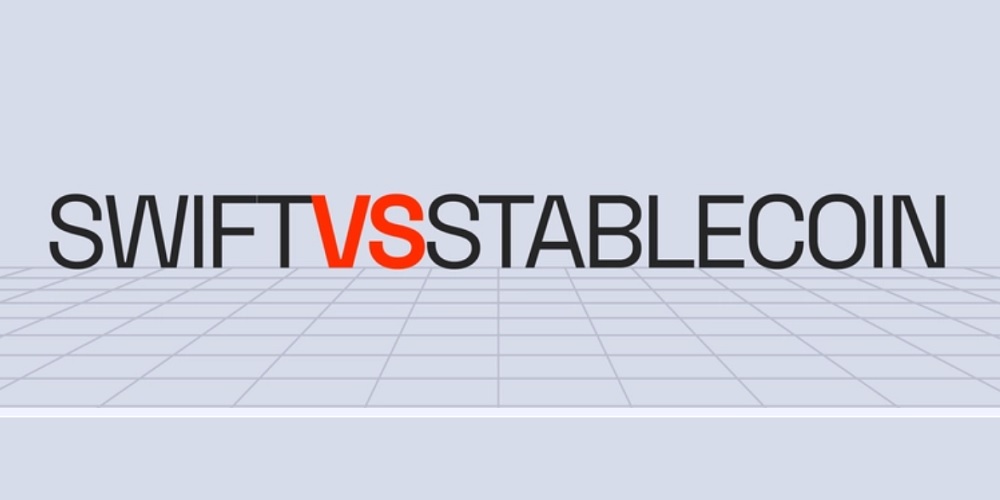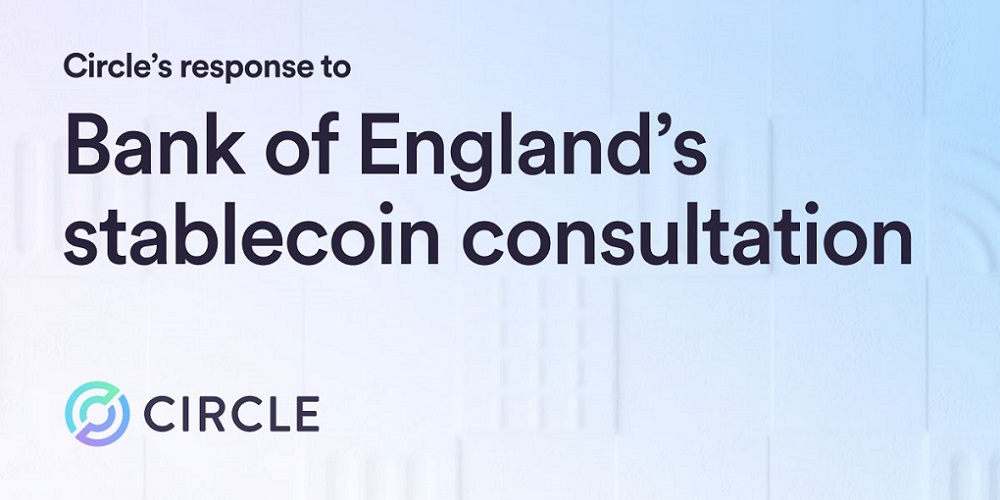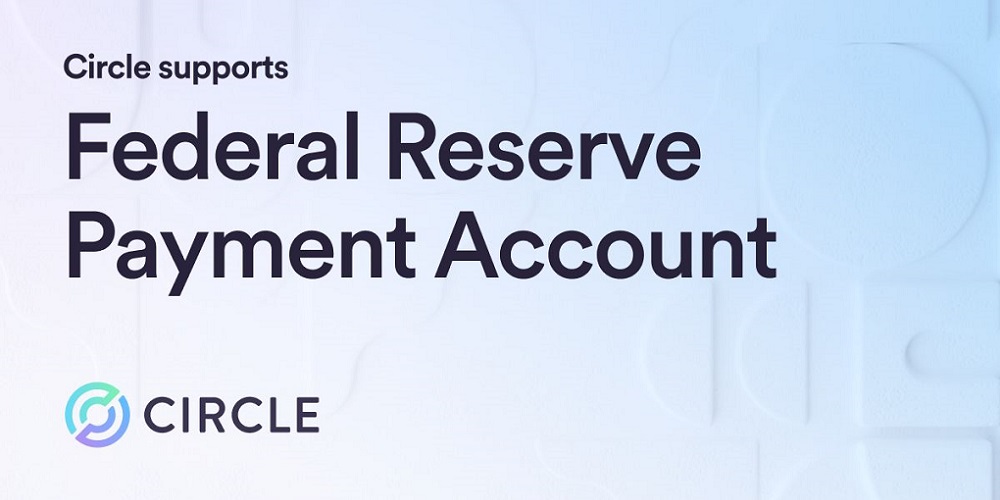The U.S. watchdog for consumer finance orders federal supervision over Google Payment Corp

The Consumer Financial Protection Bureau (CFPB) announced it was ordering federal supervision of Google Payment Corp., internet giant Alphabet’s payment arm, a decision the company immediately said it was challenging in court. The Consumer Financial Protection Bureau announced the step saying it had determined services offered by Google Payment had posed a risk to consumers.
CFPB published an order establishing supervisory authority over Google Payment Corp.
The CFPB is responsible for supervising a wide range of financial firms to ensure they are complying with federal consumer financial protection laws. The CFPB has supervised nonbank entities in certain industries like mortgage and payday lending, service providers to banks and credit unions, and larger players in particular markets as defined by rule.
In 2022, after conducting an assessment of its supervision program, the CFPB identified that the agency was failing to conduct oversight using a specific legal authority to supervise entities posing risks to consumers. The CFPB began to utilize this dormant authority and issued procedures to promote transparency about this tool.
The CFPB’s procedures require the CFPB to issue a notice to an entity not currently subject to a supervisory examination. The entity can either consent to supervision or contest the notice. Typically, the notices have pointed to consumer complaints and other indicators of risk to consumers.
Supervisory exams are a confidential process that help companies identify and rectify potential violations of law. Most entities receiving notices have decided to consent to supervision. These entities operate in a range of industries across consumer financial services.
Today, the CFPB is publicly releasing its second supervisory designation order in a contested matter, pursuant to its procedural rules. While Google Payment Corp. is already subject to CFPB’s enforcement jurisdiction, the CFPB has determined that Google Payment Corp. has met the legal requirements for supervision. The CFPB is making this order public to provide transparency about how it assesses risks using consumer complaints and other factors.
The agency cited nearly 300 consumer complaints, many of which concerned reports of fraud, scams and unauthorized transactions. It said it did constitute a finding that the company had engaged in wrongdoing.
The CFPB order nevertheless said consumer complaints indicated Google Payment had failed to investigate complaints about erroneous transfers, among other potential violations, and that the law allowed for supervision even if Google has discontinued the services in question.
In a lawsuit filed after the CFPB announcement, Google Payment Corp. said the regulator had relied on a small number of unsubstantiated complaints concerning a product it no longer offered.
“As a matter of common sense, a product that no longer exists is incapable of posing such risk,” the company’s complaint said.
The CFPB’s order does not constitute a finding that the entity has engaged in wrongdoing. The CFPB’s order does not require the CFPB to conduct a supervisory examination.
Dariusz Mazurkiewicz – CEO at BLIK Polish Payment Standard
Banking 4.0 – „how was the experience for you”
„To be honest I think that Sinaia, your conference, is much better then Davos.”
Many more interesting quotes in the video below:










